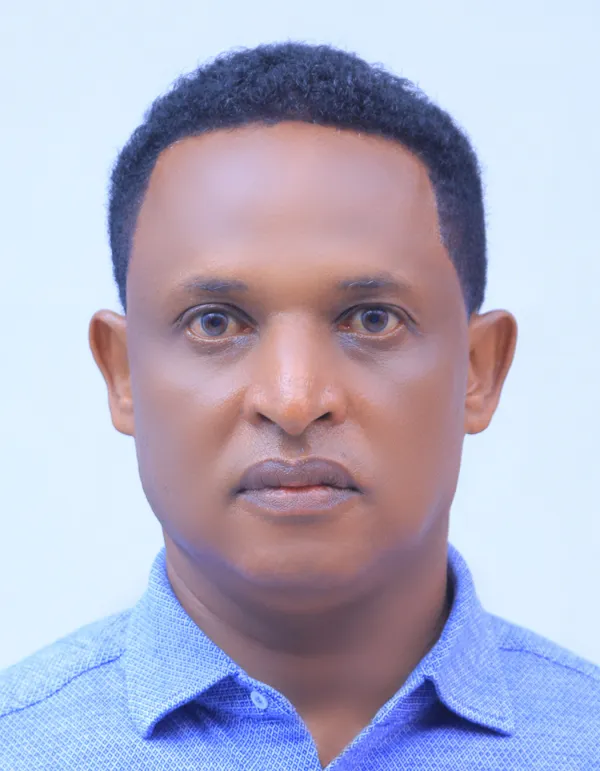Germany

Gashaw Woldetsadik
As an early-career researcher in Empirical Educational Research with a focus on the application of digital technology in education, Gashaw Woldetsadik is dedicated to engaging in multidisciplinary research that integrates Computer Science with Social Sciences and Humanities. His current work aims to improve access to and the quality of basic education for pastoralist (underserved) communities through digital technologies. Thereby, as an emerging scholar, he is committed to addressing educational disparities and aspire to influence policy through innovative, technology-driven solutions, striving to minimize the global digital divide and enhance the quality and reach of basic education under the framework of Education for All.
This research proposal aims to explore need-based digital solutions and technology strategies to enhance basic education sustainability for pastoralists in Ethiopia and Eastern Africa. Recognizing education as a critical tool for addressing global environmental challenges, the study focuses on marginalized pastoralist communities often hindered by their nomadic lifestyles, political marginalization, geographic isolation intensified by the lack of educational inclusiveness and digital divide. Despite advancements in Information Communication Technology (ICT), these communities face significant barriers to accessing quality education, which is essential for tackling climate change and promoting sustainable developments. Therefore, the study will investigate existing educational frameworks, identify effective digital alternatives, and suggest innovative pedagogical approaches tailored to the unique needs of pastoralists. By employing a mixed-methods research design, including qualitative interviews and surveys, the study seeks to gather insights from key stakeholders and analyze successful educational initiatives in similar contexts. Ultimately, the research aims to provide evidence-based policy recommendations that empower pastoralists through enhanced educational access and eco-literacy, thereby enabling them to engage with and mitigate the impacts of climate change. Finally, this comprehensive approach will contribute to a more inclusive educational framework, fostering resilience and sustainability within pastoralist communities.
Education; Human Rights; Digital Society; Equality; Information Communication Technology; Climate Change; Sustainability
